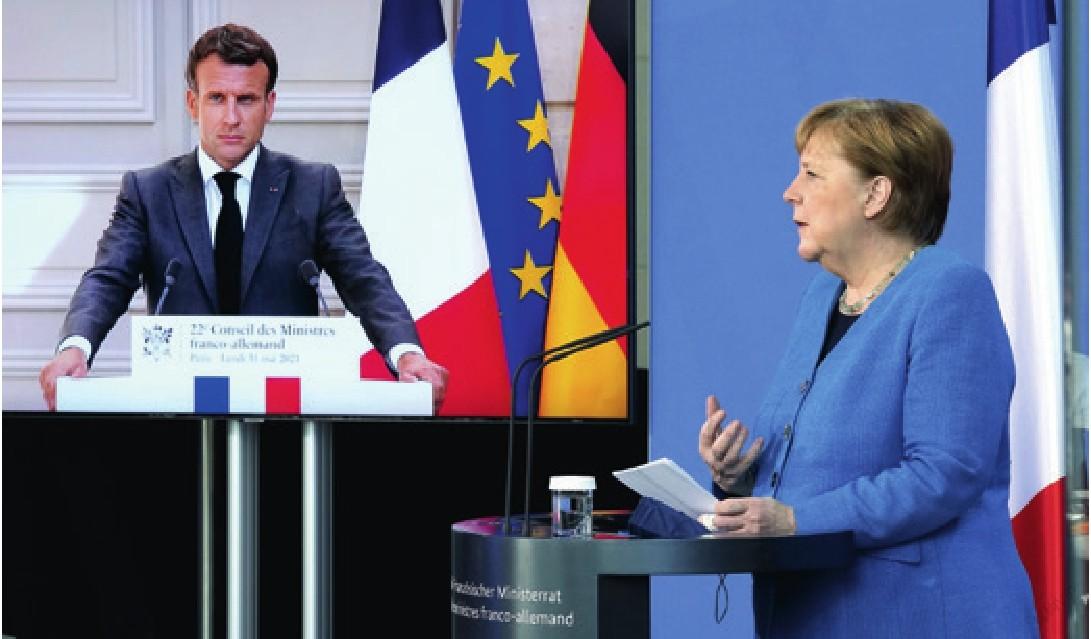The Spying Scandal and Transatlantic Ties
By Kang Jie


On May 30, a consortium of major European media outlets brought to light yet another spying scandal involving the United States systematic and longterm espionage campaign against its closest European allies. According to a report following an internal investigation of the Danish Defense Intelligence Services (FE) completed in 2015, the U.S. National Security Agency (NSA), notorious for its mass global signals intelligence collection, had eavesdropped on the top leaders and highranking officials of Germany, Sweden, Norway and France through cooperation with the FE.
Role of Denmark
Faced with fierce criticism from these countries, the Danish Government claimed that the U.S. already ceased carrying out wiretapping activities against European leaders in 2014. However, only the most naive would believe that the United States would cancel its spying network in Europe. Startlingly, according to the Danish media, the FE did not consider that the details contained in the 2015 report gave enough reason to halt the cooperation with the NSA.Denmark is one of the crown jewels in the U.S.-led transatlantic intelligence community. Located at the landing points of many submarine cables connecting the U.S., the UK and the European continent, Denmark geographically constitutes one of the most important hubs for the communication and data stream from European countries and Russia. By exploiting the FEs espionage system and capabilities, the NSA managed to intercept and collect every telephone conversation, online chat messages and texts from the targeted politicians and officials telephones on a hitherto unseen magnitude. The NSA and the FE were also able to collect and analyze the metadata passed through the Internet cables.
Divisive alliance
The U.S. wiretapping of its European allies has exposed the divisions that exist within the Atlantic Alliance. No matter under the rule of the elephant or the donkey, the U.S. has always been suspicious about the efforts of major countries such as Germany and France to strengthen European strategic autonomy and expand EU defense cooperation through programs like PESCO, a strategic platform enabling the swift and seamless movement of military personnel and assets throughout the EU.These U.S. surveillance operations not only threatened the security of the allies upon which they spied, but also fundamentally threatened the sovereignty of Denmark. When a countrys intelligence services are constantly serving foreign goals and engage in actions that are contrary to its own national interests, it is safe to say that the countrys sovereignty has been compromised and eroded. Whats worse is that this compromised sovereignty raises the question of whether or not a liberal democracy where elected officials cannot fully control the intelligence services is a real liberal democracy. As Pernille Boye Koch from the Danish Institute for Human Rights has pointed out, the conspiracy of the FE and the NSA, and the lack of supervision and civilian control on intelligence services undermines Danish democracy. The U.S. alliance system serves not so much liberal democratic values as it serves the hegemonic interests of the U.S.

